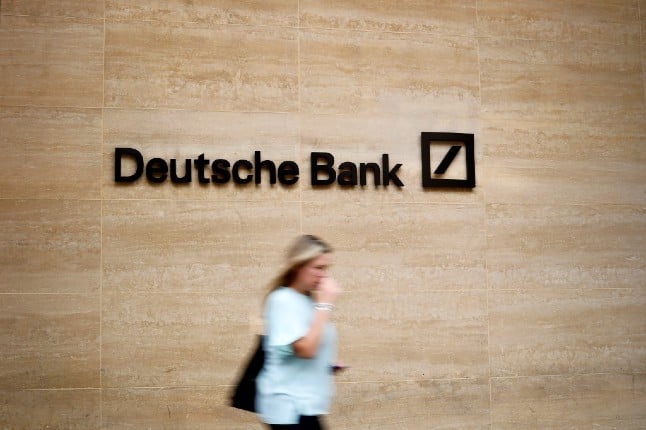"Banking secrecy is no longer there. That's gone. It is over," international wealth management consultant Osmond Plummer told a gathering of Swiss bankers in Geneva last week.
And once the secrecy ends, he stressed, Swiss financial institutions will have to come up with a new magnet if they want to remain attractive for large foreign placements.
"Something has to change in Switzerland," he told the seminar, focused on wealth management and banking secrecy.
Still reeling from the decision by US authorities to hand a $104 million reward to former UBS banker Bradley Birkenfeld for blowing the whistle on the Swiss bank and handing over details on thousands of clients in a 2008 tax evasion case, the bankers and wealth managers gathered at the seminar decried their former colleague's "total lack of morality".
The United States forced UBS to pay a $780 million fine based on Birkenfeld's revelations, and has since launched investigations into 11 other Swiss banks suspected of encouraging their clients to channel undeclared assets into Swiss accounts.
Several Swiss bankers have also been indicted for hiding more than $1 billion in assets.
The scandals appear to have driven a nail into the heart of once seemingly invincible Swiss bank secrecy practices, which have been entrenched in the small country of just under eight million people since a 1934 law made revealing a bank client's identity a criminal offence.
The banks' vow of silence, Plummer pointed out, was so attractive to rich foreigners eager to avoid taxation at home that they didn't mind that their accounts did not generate any income.
According to the prevailing system, "the income of the account goes to the bank. The client has no income," he said.
Without a promise of tax-avoiding confidentiality, the Swiss banks will need to "concentrate on excellence" if they want to hold onto their current clients and attract new ones.
"When a banker doesn't call back a client he loses a client," he said, lamenting that "90 percent of the (Swiss) accounts are underperforming".
Francois Reyl, who heads Swiss banking group Reyl & Co, agreed that "it is time to change".
"The storm," he told the Geneva seminar, "has swept everything away… We need to open ourselves to new cultures."
The change was not a bad thing, he reassured the assembled bankers and wealth management consultants, stressing that it brought with it a whole new market: the management of legal money declared to US tax authorities.
"It's a good opportunity to start from a blank page," he said, adding though that "Switzerland will have to learn fast".
Plummer meanwhile stressed that in the new dawn, Swiss banks would also need to be more forthright about their pricing schemes.
"Clients would like to know what they are charged for," he said, calling for an end to hidden commissions for fund management.
Swiss media also seethed over the news of Birkenfeld's windfall.
"For the Swiss financial sector, this victory for whistleblower defenders is a defeat," according to an editorial in French-language paper of reference Le Temps.
The paper insisted that "the transition to fiscal transparency for the entire Swiss financial sector is not an option, but a necessity."
Referring to the 11 Swiss banks targeted by the ongoing US probe, Le Temps said they "have no other choice but to pay up and ask for forgiveness, fast".
Testimony from Birkenfeld, who worked for UBS-Geneva from 2002 to 2007, allowed US tax authorities to lay their hands on $5 billion in back taxes from around 19,000 American UBS clients.
The former banker was released from a US prison last month after two and a half years behind bars for being an accessory to the tax evasion.
Faced with mounting international criticism of its banking practices, Switzerland has meanwhile reached deals easing bank secrecy with Germany, Austria and Britain, and is negotiating similar agreements with Italy and Greece.
According to the agreements, foreigners with non-declared funds in Switzerland maintain their anonymity, but their assets are taxed by Bern, which in turn transfers the revenues to their country of origin.



 Please whitelist us to continue reading.
Please whitelist us to continue reading.
Member comments